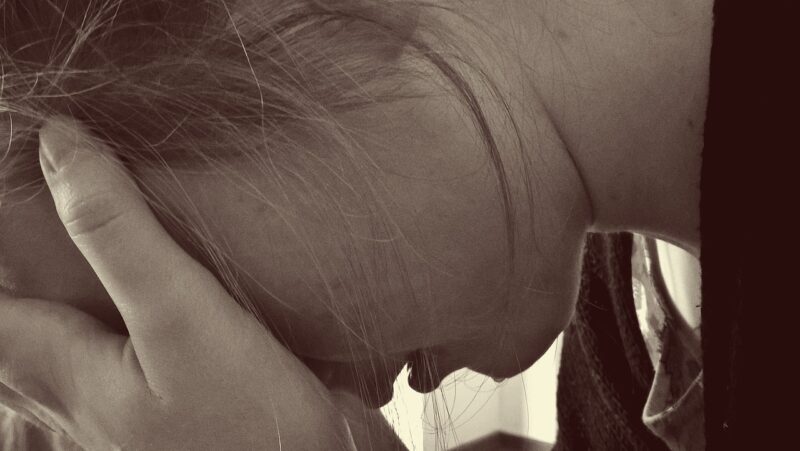Sexual abuse and harassment seem to be on the increase in Ireland, particularly among young women. This is also certainly contrary to the expectation that as Ireland becomes more ‘open’, ‘tolerant’ and ‘liberal’, levels of sexual abuse would decline. A new major survey by the Central Statistics Office (CSO) has revealed that 21pc of women say they have experienced ‘non-consensual sexual intercourse’ in their lifetime so far, and 52pc of them report they have experienced ‘sexual violence’.
The survey defines ‘sexual violence’ very broadly as “a range of non-consensual experiences, from non-contact experiences to non-consensual sexual intercourse”.
According to the survey, the proportion of adults who have experienced ‘sexual violence’ in their lifetime was 40pc, with higher levels for women (52pc) compared with men (28pc). This means that almost half of the population has been affected by what the survey defines as ‘sexual violence’ at some point in their lives.
The CSO survey also found that four times more women (21p) than men (5pc) reported what the survey calls ‘non-consensual sexual intercourse’. This is defined as “where the person was coerced, threatened or forced into having sex”.
Additionally, one in ten women experienced non-consensual sexual intercourse as an adult when they were unable to give consent because they were asleep, passed out or under the influence of alcohol and/or drugs.
The survey found that ‘sexual violence’ prevalence rates vary greatly by age, with younger people reporting higher levels than older persons. For example, young women (aged 18-24) reported the highest levels of ‘sexual violence’ in their lifetime to date at 65pc. This figure is almost half (35pc) for those aged 65 and over. The discrepancy is especially striking given that the older women have seen far more life.
22pc of men and women aged 18-24 have experienced ‘sexual violence’ both as an adult and as a child, compared with 8pc of those aged 65 and over.
Women aged 25-34 are four times (29pc) more likely to have experienced non-consensual sexual intercourse as an adult than those aged 65 and over (7pc). They also reported the highest prevalence of unwanted sexual intercourse as a child at 10pc, compared with 6pc of women aged 65 and over.
This indicates that the younger generation has experienced, both as children and as young adults, more sexual violence than the older generations.
Commenting on age differences, Dr. Clíona Sáidléar, Executive Director of the Rape Crisis Network Ireland told RTE that younger people may be better “able to name something” [as sex abuse] compared with older people but added, “the CSO would have been very carefully building their tools to try to control for that”. Another reason for the age variation, she added, “would be just the different and emerging forms of sexual violence. Digitally enabled sexual violence is a huge and emerging form of violence.”
The majority of adults (78pc) who experienced ‘sexual violence’ at least once in their lifetime knew the perpetrator, with very little difference between women (79pc) and men (75pc). This rate is lower for the older age cohort. `
Younger women (18-24) are twice more likely to have experienced non-partner sexual violence with a friend/acquaintance (34pc) than women aged 65 and over (18pc).
This suggests that sexual violence, particularly among younger generations, often happens within known relationships or social circles.
Finally, the CSO survey found that only half of adults (47pc) who experienced sexual violence in their lifetime told someone about it, with disclosure more likely if the incident involved a non-partner-only (55pc) than a partner-only (16pc). Women who experienced sexual violence in their lifetime were more likely to have told someone (53pc) compared with men (34pc). These findings highlight the importance of creating support systems for survivors of sexual abuse, assault and harassment, especially for those who may be hesitant to come forward.

















